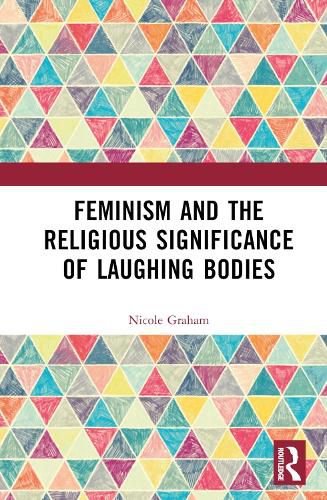Readings Newsletter
Become a Readings Member to make your shopping experience even easier.
Sign in or sign up for free!
You’re not far away from qualifying for FREE standard shipping within Australia
You’ve qualified for FREE standard shipping within Australia
The cart is loading…






This book identifies the significance of the body through a feminist reconceptualisation of laughter as a means of insight.
It positions itself within the emerging scholarship on religion and humour but distinguishes itself by moving away from the emphasis on humour and instead focuses on the place and role of laughter. Through a feminist reading of laughter, which is grounded in the philosophical and psychological works of William James, this book emphasises the importance of the body to offer an exploration of laughter as a means of insight. In doing so, it challenges the classificatory orders of knowledge by recognising and arguing for the value of the body in the creation of knowledge and understanding. To demonstrate the centrality of the body for insight laughter, and thus the creation of knowledge, this book engages with laughter within three thematic areas: religious experience, gendered experiences of laughter, and the ethics of laughter.
This book will be of interest to students and researchers in religious studies, theology, gender studies, humour studies, philosophy, and the history of ideas.
$9.00 standard shipping within Australia
FREE standard shipping within Australia for orders over $100.00
Express & International shipping calculated at checkout
This book identifies the significance of the body through a feminist reconceptualisation of laughter as a means of insight.
It positions itself within the emerging scholarship on religion and humour but distinguishes itself by moving away from the emphasis on humour and instead focuses on the place and role of laughter. Through a feminist reading of laughter, which is grounded in the philosophical and psychological works of William James, this book emphasises the importance of the body to offer an exploration of laughter as a means of insight. In doing so, it challenges the classificatory orders of knowledge by recognising and arguing for the value of the body in the creation of knowledge and understanding. To demonstrate the centrality of the body for insight laughter, and thus the creation of knowledge, this book engages with laughter within three thematic areas: religious experience, gendered experiences of laughter, and the ethics of laughter.
This book will be of interest to students and researchers in religious studies, theology, gender studies, humour studies, philosophy, and the history of ideas.